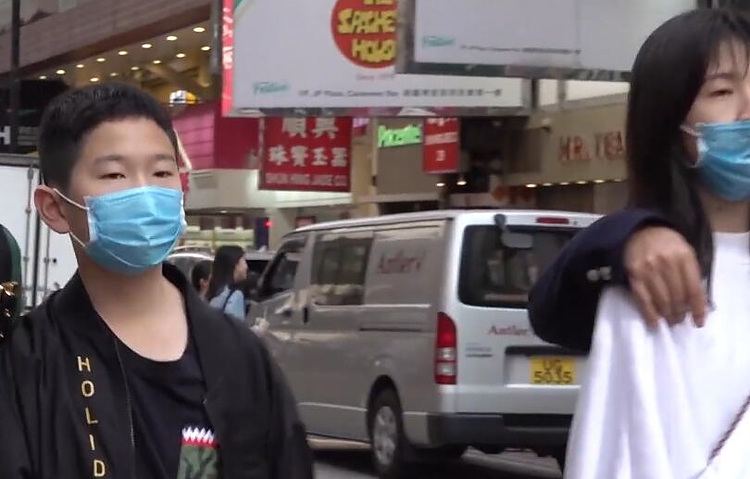In recent weeks, China has been implementing a series of stimulus packages in response to economic challenges. These measures have been announced by various government bodies, including the Politburo, several ministries, and the People’s Bank of China. Economist Teeuwe Mevissen of Rabobank notes that while these stimulus packages are significant, they may not be sufficient to ensure a strong and lasting economic recovery. As a result, it is expected that more stimulus measures will be introduced in the near future.
One key shift that is anticipated in the balance of stimulus measures is a move towards fiscal stimulus measures. This means that the government will focus more on spending initiatives aimed at boosting domestic demand, particularly from private consumers. By targeting domestic demand, the hope is to stimulate economic growth and encourage greater spending within the country. The effectiveness of these measures will depend on their size and focus, but they have the potential to lead to higher growth rates in the coming years.
The potential impact of additional fiscal stimulus measures is significant, with the potential for higher growth rates in 2025. If these measures are successful in boosting domestic demand and driving economic growth, it could lead to a revision of GDP forecasts to reflect this increased growth. This shows the government’s commitment to ensuring a strong and sustainable economic recovery in the coming years, despite the challenges that China and the global economy may face.
Overall, the shift towards fiscal stimulus measures signals a change in the government’s approach to economic stimulus. By focusing on increasing domestic demand, the government hopes to spur economic growth and reduce dependence on external factors. This shift reflects the changing economic landscape in China and the need for targeted intervention to address specific challenges facing the economy.
As China continues to navigate economic uncertainties, the government’s focus on fiscal stimulus measures will be crucial in driving growth and stability. By investing in domestic demand and consumer spending, the government aims to stimulate economic activity and create a more sustainable growth trajectory. This approach aligns with efforts to support businesses and individuals affected by the economic fallout from the pandemic and other challenges.
In conclusion, China’s shift towards fiscal stimulus measures reflects a proactive approach to addressing economic challenges and driving growth in the coming years. By focusing on boosting domestic demand and supporting consumer spending, the government aims to stimulate economic activity and lay the foundation for a strong and resilient economy. As more stimulus measures are expected in the near future, the impact on economic growth and stability will be closely monitored to ensure a positive outcome for China’s economy.











